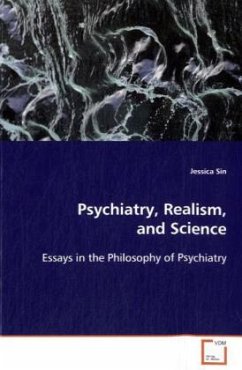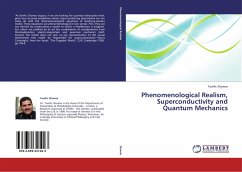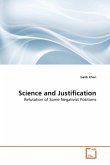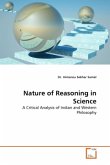The legitimacy of psychiatry as a medical discipline
is often challenged. Anti-psychiatric arguments fall
broadly into two categories: the metaphysical and the
epistemological. Critics of psychiatry frequently
appeal to one or more of these arguments to discredit the
field and to subvert the social power that
psychiatrists and mental health workers use to
control of the behaviour of people who are allegedly
mentally ill. If these arguments had or gained
traction, there would be reason to be suspicious of
the practice of psychiatry and to be hesitant to
invest increasingly scarce resources into the
research programs in mental health. In this work, I
show that psychiatry can be defended against major
lines of anti-psychiatric thought. I do so by
exploring what it means for an illness to be "real",
what it means for a field to be scientific or
objective, and what it means for a condition to be a
disorder. This work will be of interest to all whose
interests span psychiatry, health, illness, medicine,
and science.
is often challenged. Anti-psychiatric arguments fall
broadly into two categories: the metaphysical and the
epistemological. Critics of psychiatry frequently
appeal to one or more of these arguments to discredit the
field and to subvert the social power that
psychiatrists and mental health workers use to
control of the behaviour of people who are allegedly
mentally ill. If these arguments had or gained
traction, there would be reason to be suspicious of
the practice of psychiatry and to be hesitant to
invest increasingly scarce resources into the
research programs in mental health. In this work, I
show that psychiatry can be defended against major
lines of anti-psychiatric thought. I do so by
exploring what it means for an illness to be "real",
what it means for a field to be scientific or
objective, and what it means for a condition to be a
disorder. This work will be of interest to all whose
interests span psychiatry, health, illness, medicine,
and science.








